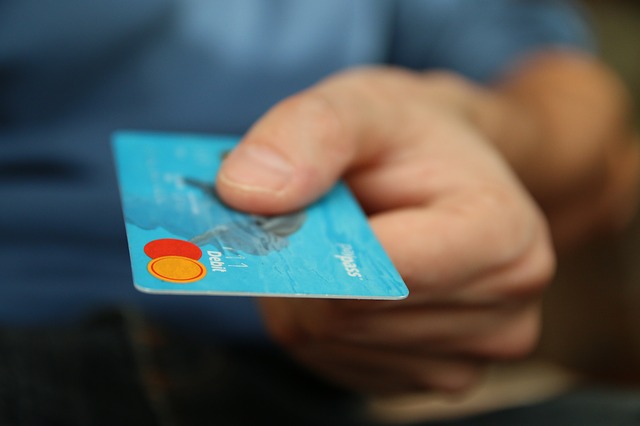How to Properly Manage Separate Business and Personal Expenses
As a business owner it can get overwhelming when you are mixing business and personal expenses, which is keeping them separate is the key to eliminating accounting nightmares. It’s very easy to throw an expense of a personal credit card that should have been filed under the company, and if you aren’t keeping accurate records you could be missing out on some deductions come tax time.
Here are some tips from business owners to help you maintain accurate expense records and prevent a backlog of receipts to account for. Staying on top of this will prevent costly accounting mistakes down the line.
Separate your rewards credit cards.
“This has been an issue for me in the past because I had one credit card for miles and would use it for both business and personal. Now I have a separate card for the business that also gets miles, and I waited for a really good sign up deal with bonus miles by watching a few different sites.” — Ben Walker, Founder of Transcription Outsourcing, LLC
Keep it simple.
“I simply use either my personal or corporate credit card to make all purchases through. That way I never have to worry about getting reimbursed for using my personal funds for business expenses. It also makes it easier on our CFO to track everything.” — Joseph W. Belluck of Belluck & Fox, LLP
Use an app or software that enables real-time recording.
“Find an expense tracking app or bookkeeping software with a mobile app that allows you to scan all expenses in real-time. The hardest part is keeping track of everything, so if you can import each expense on the spot it will help you keep everything separate and well organized.” — Robert Cox, Founder & CEO of Sundog Structures
Have exclusive cards for business expenses.
“Use one dedicated business credit card for all expenses related to your business. Find the best card in terms of rewards and benefits and try to use it exclusively. This keeps all business expenses in one spot and also allows you to view and track them in one place, rather than multiple accounts.” — Jim Epton of Dom Huga Ltd
Update your books daily.
“Update your expenses daily. That is the only way to stay ahead and not fall back, creating a huge mess to clean up. At the end of every day, log in your expenses, copy your receipts and file everything away for your bookkeeper or accountant. The more organized you are, the better.” — Christopher Dziak, CEO of Pure Nootropics
Establish clear expense definitions.
“Clearly define what is a personal expense and what is a business expense and charge accordingly. If you are operating without a plan and trying to classify expenses after the fact you will find yourself in trouble. You should know ahead of a purchase whether or not it’s a business expense.” — Ari Evans of AAA Handbags
Get your EIN right away.
“Always maintain separate bank accounts for business and personal expenses. It can be a nightmare if you are trying to separate and distinguish between the two off of one statement. All you need is your EIN to open a business bank account, so there are no excuses why this should be an issue.” — Andrew Tran, Founder of Therapy
Use a spending tracking app.
“The best and first step is to open a business account. And the second is to use it exclusively. There is no need to muddy the waters here. Separate accounts, separate credit cards. Find a great app or software that you are comfortable with and use it to track your spend. But always be on top of it.” — Shawn Freeman, Founder and CEO of TWT Group
Consider using different banks.
“The first step is setting up separate bank accounts, even at different banks or credit unions to ensure there’s no mixing of expenses. It’s also a good idea to setup different credit cards. You can also separate receipts and pay for items at retailers with separate transactions.“ — Sean Christman, Founder of Slamdot
Expense credit cards for employees.
“Give employees corporate credit cards rather than having them submit for expense reimbursement. This way it keeps all of your business expenses on the same card account and statement. You can set low limits and even require approval for transactions to keep your account safe.” — Tom Munroe, CEO of RugStudio
Establish separate accounts.
“Use separate credit cards and bank accounts. Businesses that are run from a personal account, or personal expenses put on business accounts – are just messy. Setting up separate bank accounts and credit cards is easy – and ensures separation for accounting and auditing purposes.” — Shawn Schulze of HomeArea.com
Separate everything.
“Separate banking accounts. Whether you need separate credit cards or just separate checking accounts, keep a personal and business card with you so it is easy to keep expenses separate. Just grab the appropriate card when making purchases.” — Matthew Kolb of All High Schools
Have a great accountant.
“Separate accounts is an obvious one. But more importantly, having a great accountant. An accountant should learn how you manage your expenses and be able to give you tips on how to avoid conflicts with your business.” — Marc Webb, Founder of Real PDL Help

